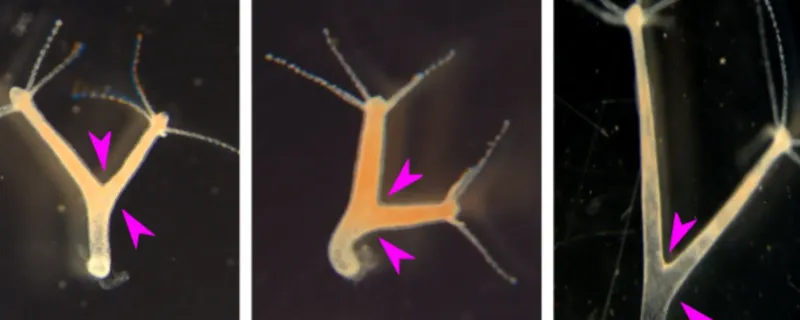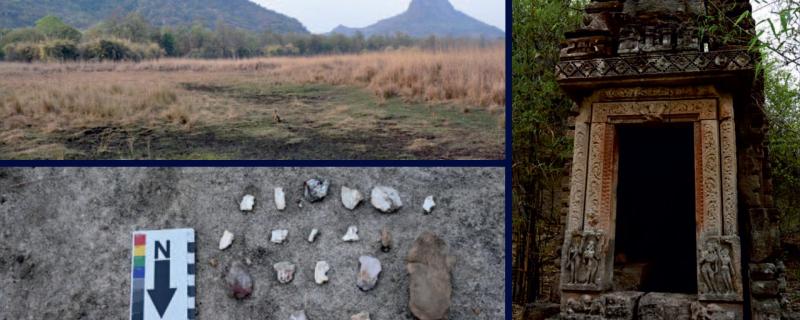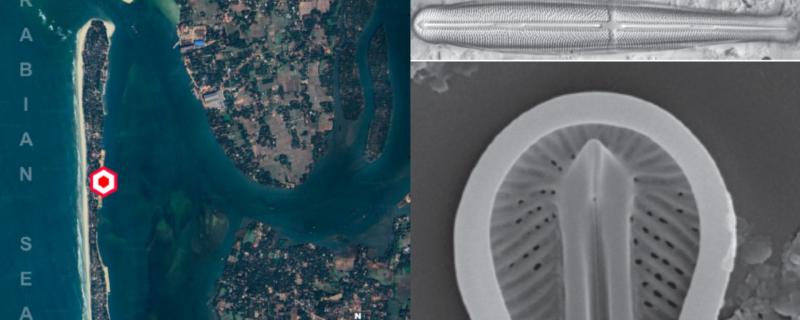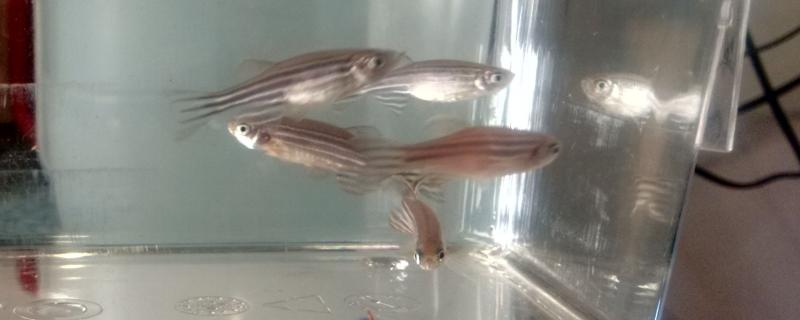The study found that the protein Tropomodulin-1 (TMOD1) and the FGFR-ERK signalling pathway are the essential molecular machinery that physically separates a mature Hydra bud from its parent.
A new review reveals that rising global temperatures, increased pollution, and extreme weather events are driving a global surge in eye diseases, disproportionately affecting vulnerable communities and challenging healthcare systems.
Roorkee/






